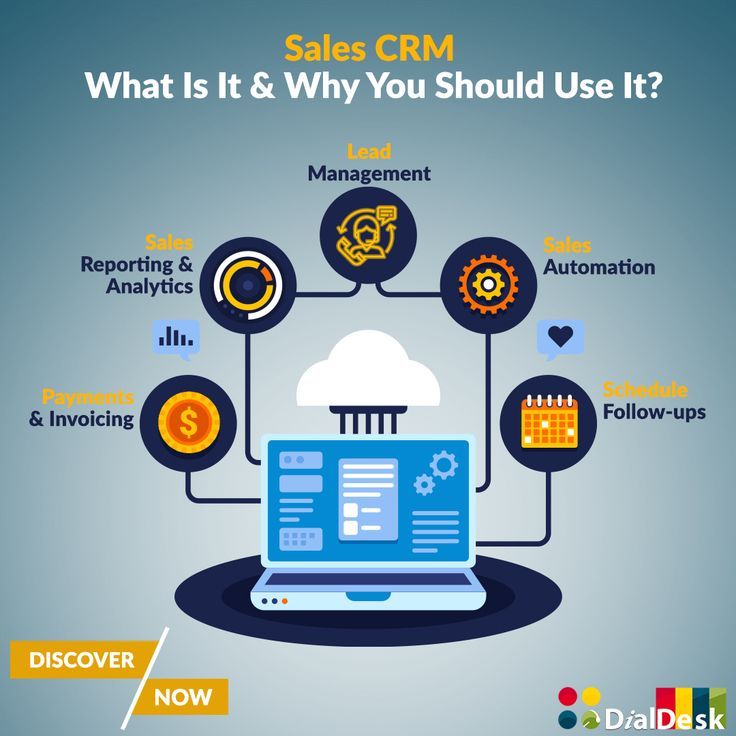Customer Relationship Management (CRM) systems are essential tools for businesses striving to improve customer retention. In today’s competitive market, maintaining a loyal customer base is more challenging than ever. However, CRM systems provide the infrastructure and insights necessary to foster strong, enduring relationships with customers. This article delves into how CRM systems enhance customer retention, exploring key features, benefits, and best practices.
Understanding CRM Systems
A CRM system is a software solution that helps businesses manage interactions with current and potential customers. It centralizes customer information, streamlines processes, and improves customer service, ultimately leading to increased retention rates. The core functionalities of a CRM system include contact management, sales management, and productivity tools, all of which contribute to a comprehensive view of the customer journey.
Key Features of CRM Systems That Boost Retention
Centralized Customer Data
One of the most significant advantages of a CRM system is the ability to centralize all customer data. By having a single repository for customer information, businesses can ensure that all departments have access to the same up-to-date information. This centralization enhances coordination and reduces the likelihood of miscommunication, leading to a more consistent customer experience.
Personalized Customer Interactions
CRM systems allow businesses to personalize their interactions with customers. By analyzing customer data, such as purchase history and interaction logs, businesses can tailor their communication and offers to meet individual needs and preferences. Personalized interactions make customers feel valued and understood, which significantly increases their loyalty.
Automated Customer Engagement
Automation is a powerful feature of modern CRM systems. Automated workflows can be set up to engage customers at the right time with relevant content. For example, automated email campaigns can be triggered based on specific customer actions or milestones, ensuring timely and appropriate communication. This proactive approach helps keep customers engaged and reduces churn rates.
Enhanced Customer Support
Efficient and effective customer support is crucial for retention. CRM systems provide tools to manage and resolve customer inquiries quickly and efficiently. Features such as ticketing systems, live chat integration, and comprehensive knowledge bases enable support teams to deliver high-quality service consistently. Satisfied customers are more likely to remain loyal to a brand that addresses their needs promptly.
Insightful Analytics and Reporting
CRM systems offer robust analytics and reporting capabilities. These tools provide businesses with insights into customer behavior, preferences, and trends. By leveraging this data, companies can make informed decisions about how to improve their products, services, and customer interactions. Understanding customer behavior helps in developing strategies that foster long-term loyalty.
Benefits of CRM Systems for Customer Retention
Improved Customer Satisfaction
CRM systems contribute to higher customer satisfaction by ensuring that all interactions are seamless and personalized. When customers feel that a business understands their needs and preferences, their overall satisfaction increases, leading to higher retention rates.
Increased Efficiency and Productivity
By automating routine tasks and providing employees with easy access to customer information, CRM systems boost operational efficiency. This increased productivity allows employees to focus on more strategic activities, such as building stronger customer relationships.
Enhanced Customer Loyalty
Loyalty programs integrated with CRM systems can further enhance customer retention. By tracking customer purchases and interactions, businesses can create targeted loyalty programs that reward customers for their continued patronage. These programs not only incentivize repeat business but also strengthen the emotional connection between the customer and the brand.
Better Customer Insights
CRM systems provide a wealth of data about customer preferences and behaviors. These insights are invaluable for creating targeted marketing campaigns and personalized offers that resonate with customers. By continuously analyzing customer data, businesses can adapt their strategies to meet evolving customer needs, ensuring ongoing satisfaction and loyalty.
Best Practices for Using CRM Systems to Enhance Retention
Regularly Update Customer Data
Maintaining accurate and up-to-date customer data is critical for the effectiveness of a CRM system. Businesses should regularly review and update customer information to ensure that all interactions are based on the most current data. This practice helps in delivering personalized and relevant communications.
Segment Customers Effectively
Segmentation is a powerful strategy for improving customer retention. By dividing customers into distinct groups based on characteristics such as purchase history, demographics, and behavior, businesses can tailor their approaches to meet the unique needs of each segment. Effective segmentation enables more targeted marketing and enhances the customer experience.
Leverage Automation Wisely
While automation can greatly enhance efficiency, it is important to use it wisely. Automated communications should always be relevant and timely. Over-automation or impersonal messages can alienate customers rather than engage them. Businesses should strike a balance between automation and personalized interactions to maximize retention.
Provide Training and Support for CRM Users
For a CRM system to be effective, employees must be proficient in its use. Regular training and support are essential to ensure that all users understand how to leverage the system’s features fully. Well-trained employees can utilize the CRM system to its full potential, leading to better customer interactions and higher retention rates.
Continuously Monitor and Optimize
The implementation of a CRM system is not a one-time task but an ongoing process. Businesses should continuously monitor the performance of their CRM system and make necessary adjustments. Regularly reviewing analytics and feedback can help identify areas for improvement and ensure that the system continues to meet the needs of the business and its customers.
Conclusion
In conclusion, CRM systems are invaluable tools for enhancing customer retention. By centralizing customer data, personalizing interactions, automating engagement, enhancing support, and providing insightful analytics, CRM systems help businesses build stronger, more loyal customer relationships. Implementing best practices such as regular data updates, effective segmentation, wise use of automation, employee training, and continuous optimization can further maximize the benefits of a CRM system. Businesses that effectively utilize CRM systems are better positioned to retain their customers and thrive in a competitive marketplace.


